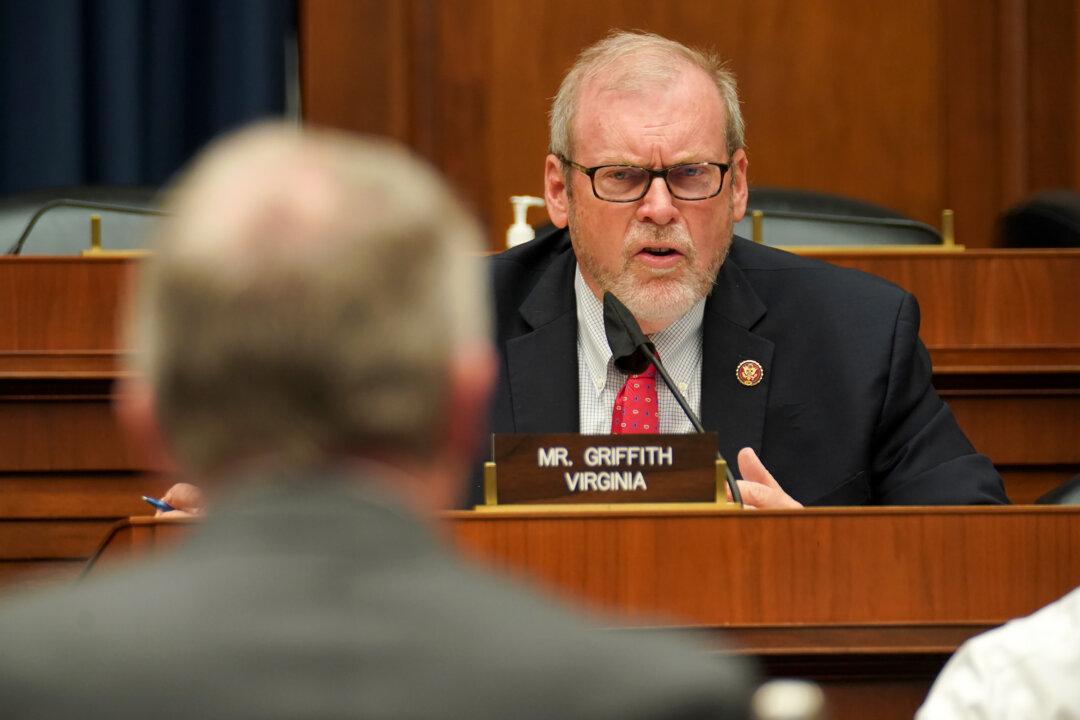House Speaker Kevin McCarthy (R-Calif.) believes the sweeping energy bill passed by the House has a chance of becoming law despite the statement that it will be “dead on arrival” in the Senate by Majority Leader Chuck Schumer (D-N.Y.) and indications from the White House that President Joe Biden would veto the measure.
The Lower Energy Costs Act (H.R. 1) passed the people’s house on March 30 by a vote of 225–204, with four Democrats joining the majority and six others not voting.





